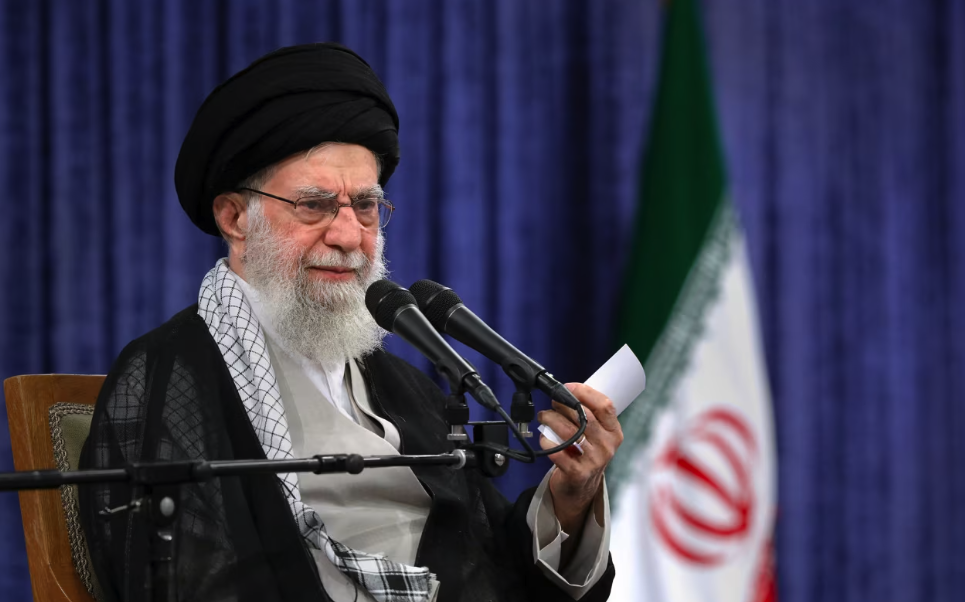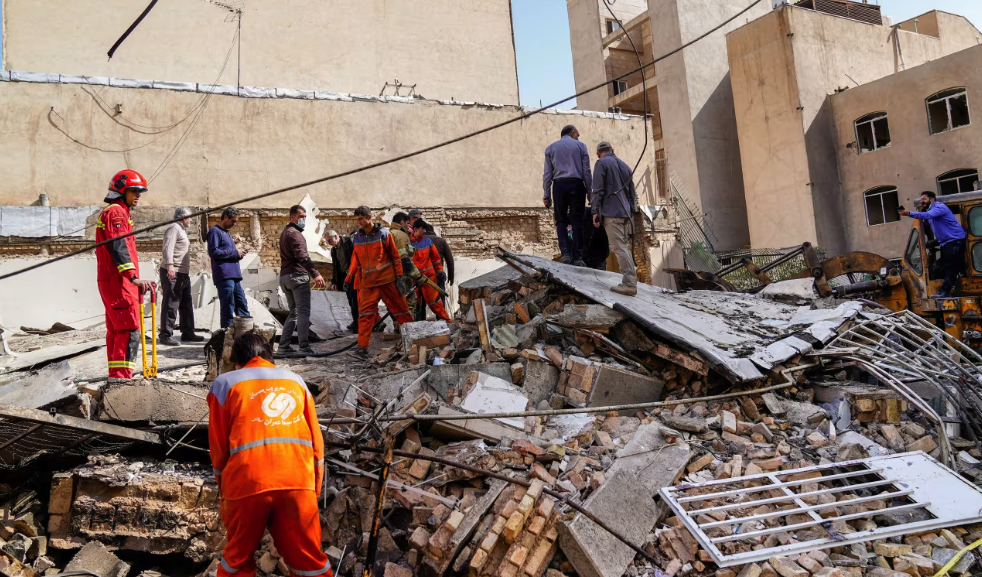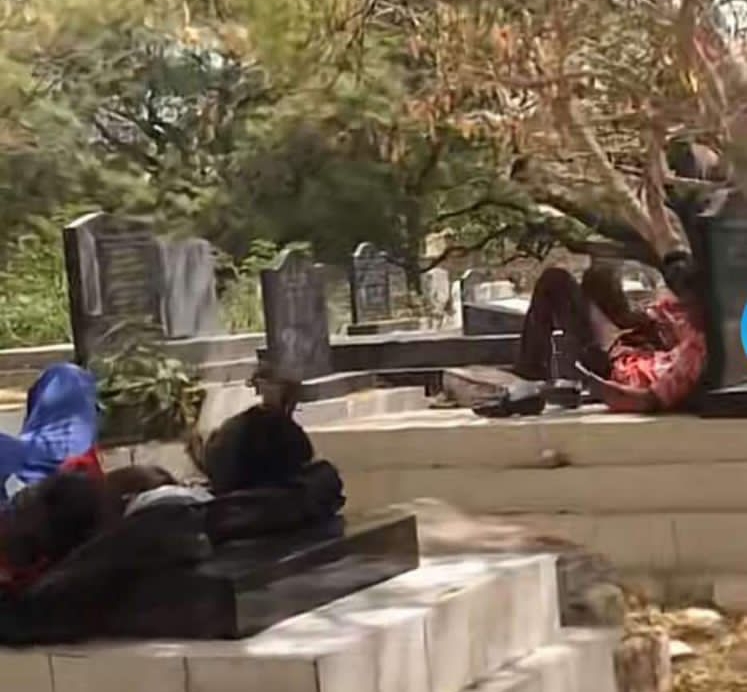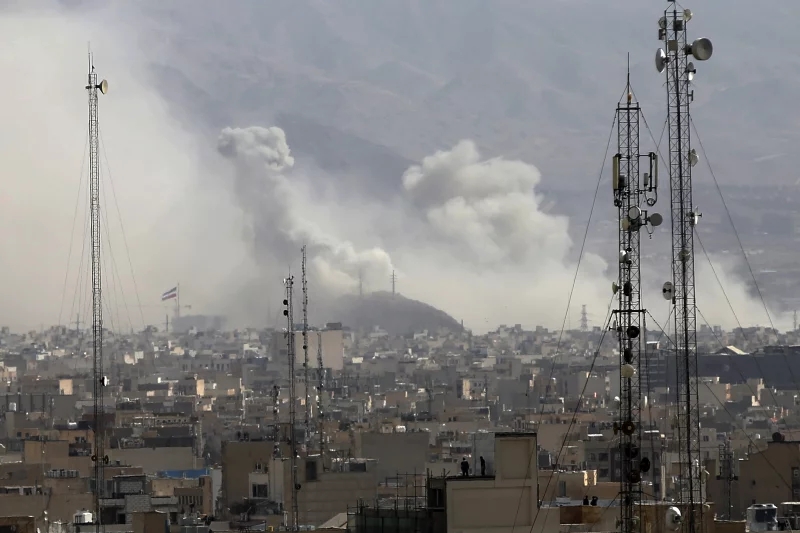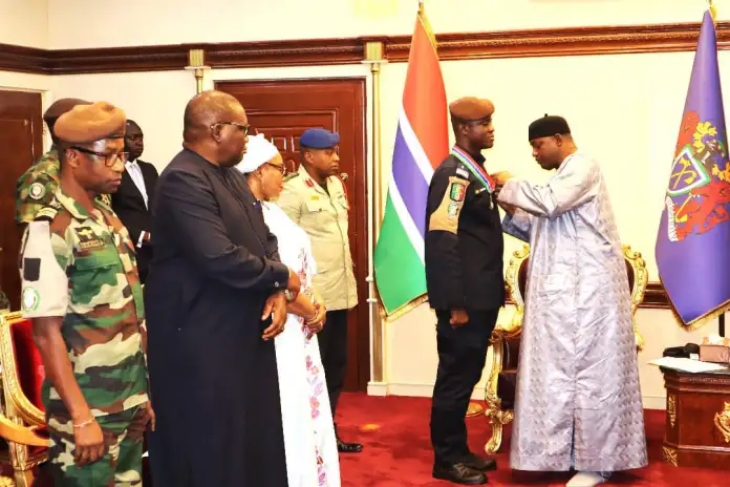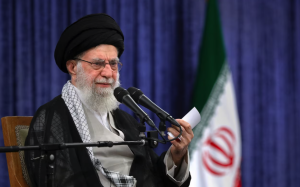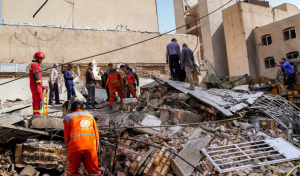Gambiaj.com – (BANJUL, The Gambia) – In an interview on West Coast Radio’s “Coffee Time with Peter Gomez,” former Gambia TRRC Lead Prosecutor Essa Mbye Faal didn’t mince words regarding the continued presence of the ECOWAS Mission in The Gambia (ECOMIG) and President Adama Barrow’s relationship with the country’s armed forces.
Faal, a potential contender in the upcoming presidential elections, asserted that ECOMIG’s prolonged stay is an affront to Gambia’s sovereignty and demoralizing for its military. “Can you imagine almost nine years of a peacekeeping mission in Gambia, when this country is more peaceful than those countries from which the soldiers… come from?” he questioned, highlighting Gambia’s relative stability compared to nations like Nigeria, Ghana, and even Senegal.
He firmly rejected the notion that the decision to extend ECOMIG’s mandate rests solely with ECOWAS. “No, I disagree fundamentally. That’s what they explained. That is wrong law,” Faal declared, emphasizing the principle of national sovereignty.
“Every nation has a sovereign will to decide what it wants for its country. [President Barrow] could wake up one morning and say, ECOMIG, thank you so very much… but it’s time to go, and ECOMIG will pack up and leave“.
Essa Faal Calls Out the Commander In-Chief’s Light Reliance on His Troops
Faal went on to dissect the rationale behind ECOMIG’s continued presence, suggesting it primarily serves to “prop up Barrow’s government to ensure Barrow’s protection.”
He questioned why President Barrow would promote the current Chief of Defence Staff and appoint new generals if he genuinely lacked confidence in the Gambian military. “It’s rather rewarding to buy loyalty such that those people would be loyal enough to ensure his protection. That is it.”
Drawing a stark contrast, Faal recounted instances of Gambian soldiers’ professionalism and competence during international missions in Sudan and East Timor, where they held senior positions and earned accolades.
He lamented that the Barrow government had not given them the same level of trust and responsibility at home.
“I wish the Barrow government had given them a chance… Respect the Gambian soldiers; put them in their rightful places.” He noted the recent shift towards Gambian security personnel being visibly present with the president, a departure from the previous reliance on Senegalese forces.
Faal also touched upon the security threats facing The Gambia, including the emergence of daylight robbery and home invasions, underscoring the need for a robust and trusted national security apparatus. He criticized the slow pace of security sector reform, leaving the Gambian forces in a “limbo” and viewed as “untrustworthy or incompetent.”
Beyond security, Faal offered an analysis of the current state of The Gambia, identifying peace and the current democratic environment as strengths, largely crediting President Barrow for the latter.
He pointed to the country’s English-speaking status as a significant opportunity for becoming a trade hub in the region.
However, he highlighted structural weaknesses within the civil service, including corruption and a lack of proper oversight, as major threats hindering development. He cited the issue of “ghost workers” as a symptom of these structural problems.
In response to Peter Gomez’s direct questions about his political aspirations, Faal skillfully navigated the inquiries about his party’s registration and potential government job offers, promising to address them later in the program.
Faal concluded by stating unequivocally that, if elected president, he would place his full trust in the Gambian armed forces. “From day one, I’ll have Gambian forces around me… I will not run away and cower and hide behind foreign forces. I will not do that.” He affirmed his confidence in their loyalty and dedication to the nation, emphasizing their readiness to sacrifice for the country’s protection.
Essa Faal’s forthright comments on ECOMIG and the Gambian military are likely to ignite further public discourse on the country’s security arrangements and the government’s relationship with its own armed forces as the political landscape heats up ahead of the next elections.



